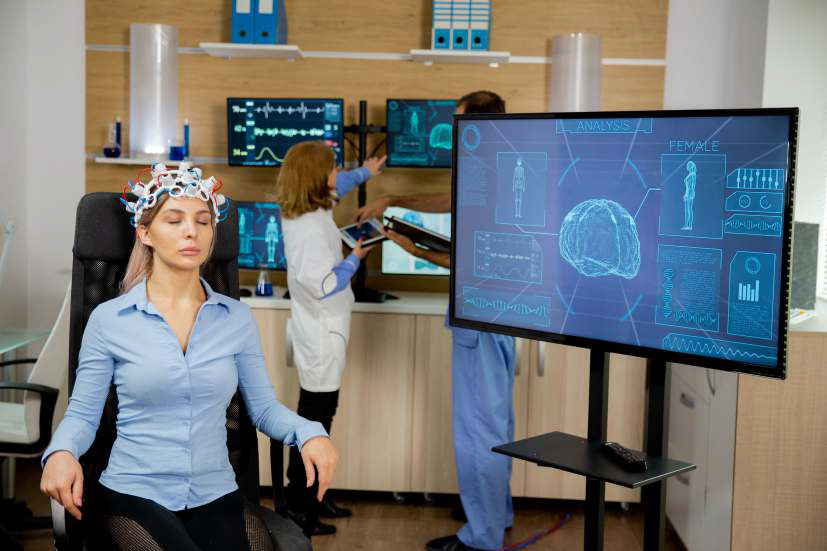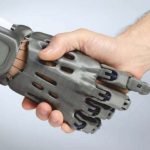A recent Mayo Clinic study investigated how telehealth in palliative care may provide value for rural caregivers, healthcare teams and their patients. Palliative care is specialized medical care that focuses on relieving pain and other symptoms of a serious illness. Researchers were particularly interested in determining what billing models were most cost-effective and sustainable for healthcare teams and caregivers transitioning patients from hospital to home care. The study tested an 8-week program for rural caregivers of palliative care patients. During…














